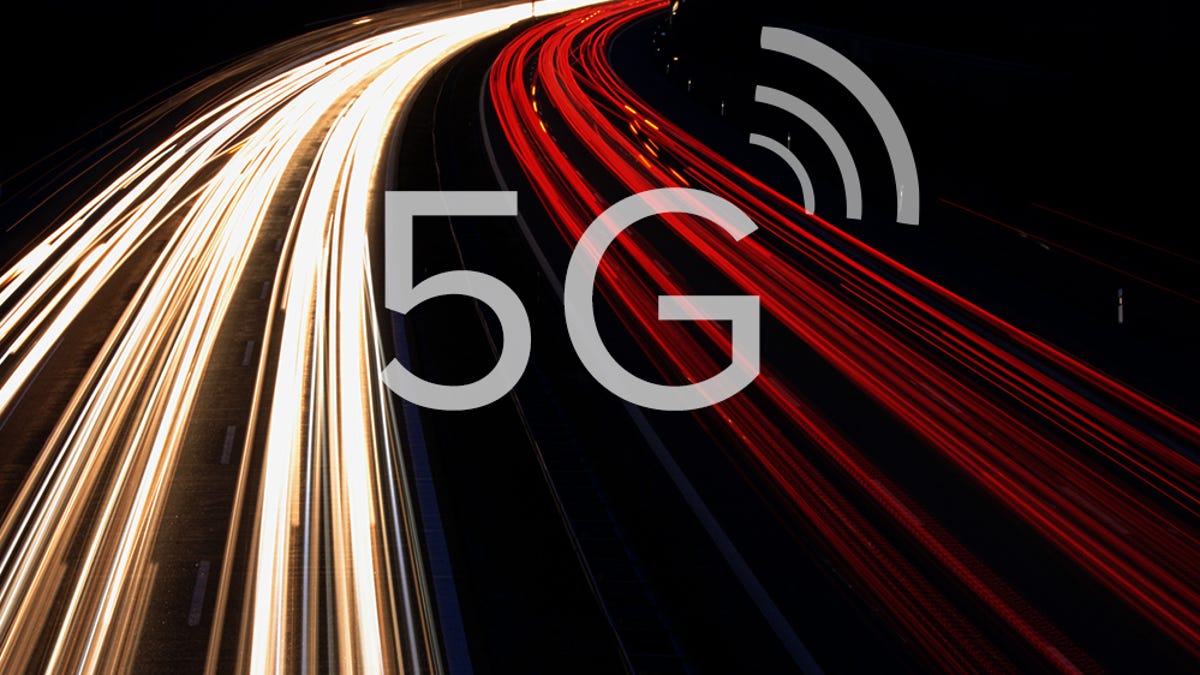FCC's new 5G rules favor fast setup over federal reviews
Small cell 5G gear will no longer need federal environmental and historical reviews. The change is meant to lower costs and speed deployment of next-gen networks.

The FCC vote was 3-2, along party lines, Thursday.
The Federal Communications Commission is altering regulations so wireless carriers can deploy 5G faster.
In a 3-2, party-line vote Thursday, agency commissioners passed a measure that exempts small cell radio deployments from federal environmental and historical preservation reviews originally meant for large cell phone towers. The vote didn't affect reviews from towns and cities. The agency may consider exemptions for those reviews later this year.
Republican FCC Commissioner Brendan Carr has been leading the agency's charge in promoting 5G. He said the exemptions are sorely needed because reviews have been costing wireless operators too much and have slowed deployments. In 2017, these federal reviews cost providers $36 million. He anticipates that as 5G deployments increase in the coming year they could cost providers as much as $241 million. Meanwhile, he said FCC records show that less than 1 percent of cases reviewed resulted in any changes to planned deployments.
"The disproportionate fees are the product of a broken and outdated system," Carr said. "This threatens to hold us back in the race to 5G or limit the business case to densely populated or affluent areas."
He added that with Thursday's rule change, the FCC "can flip the business case for thousands of communities."
Democratic Commissioner Jessica Rosenworcel, however, said that though the current reviews process does involve red tape, Thursday's change "misses the mark" and also runs afoul of key environmental and historical preservation values.
The fifth generation of wireless technology, known as 5G, promises to be significantly faster and more responsive than previous generations of wireless technology. It's expected to usher in innovative applications in self-driving cars, telemedicine and the trend in net-connected devices called the internet of things.
While the promise of 5G has been hyped, actual rollouts have been slow. Regulators, such as Carr, say that if the US wants to maintain its leadership in wireless, it needs to make sure its policies promote deployment. Wireless providers in the states are expected to make significant headway in 2018. Verizon and AT&T plan to launch limited mobile 5G service this year, while T-Mobile and Sprint are setting things up now for a commercial launch early next year. Handset makers and chipmakers are working to get devices ready for 2019 as well.
Mobile operators large and small applauded the FCC's move. They've long argued that small cell equipment used for 5G deployments, which is the size of a pizza box and can be deployed in a matter of hours, shouldn't be subject to the same scrutiny as a 200-foot cellular tower.
"This order recognizes the significant benefits that small cells will bring to communities across the nation and will accelerate the scale and scope of their deployments by removing excessive delays and costs," Joan Marsh, an executive vice president of regulatory affairs for AT&T, said in a statement.
But the vote was not without controversy. The item was passed in a 3-2 vote split along party lines with the two Democrats, Commissioners Mignon Clyburn and Rosenworcel, dissenting. The Democrats wanted the FCC to delay the vote to address concerns that the exemption could be challenged in court and that the agency didn't consult enough with tribal communities about the effects the rule changes could have on their lands.
Rosenworcel said she agreed that the review process for 5G infrastructure needs to be streamlined. But she said the same process for larger cell infrastructure also needs to be modernized. She added that the FCC's effort, which also purports to increase deployments in rural areas, "misses the mark."
"It runs roughshod over the rights of our tribal communities and gives short shrift to our most basic environmental and historic preservation values," Rosenworcel said. "What we have here will not help us lead -- or even be 5G ready. Our work deserves a delay so we can fix these deficiencies and move forward together."
Galaxy S9 and S9 Plus: Hands-on with Samsung's iPhone X fighters.
Special Reports: CNET's in-depth features in one place.

